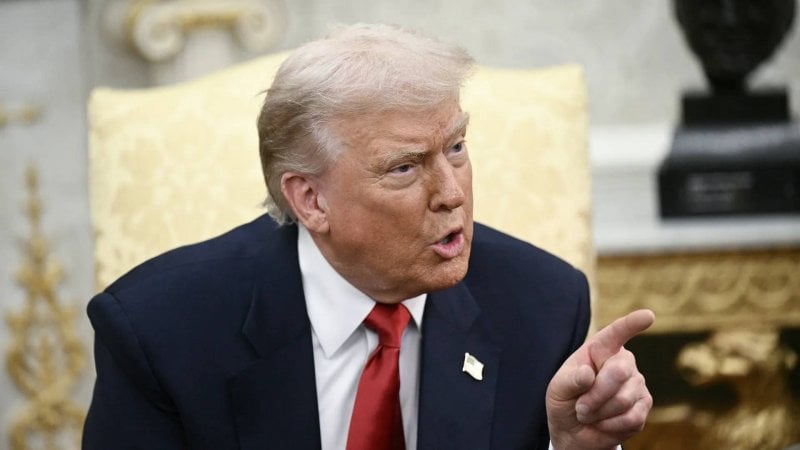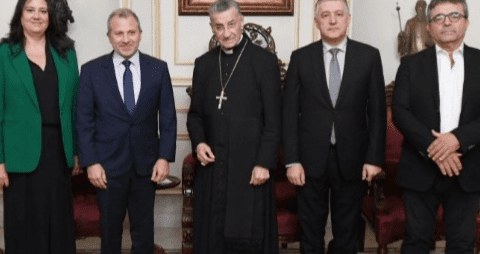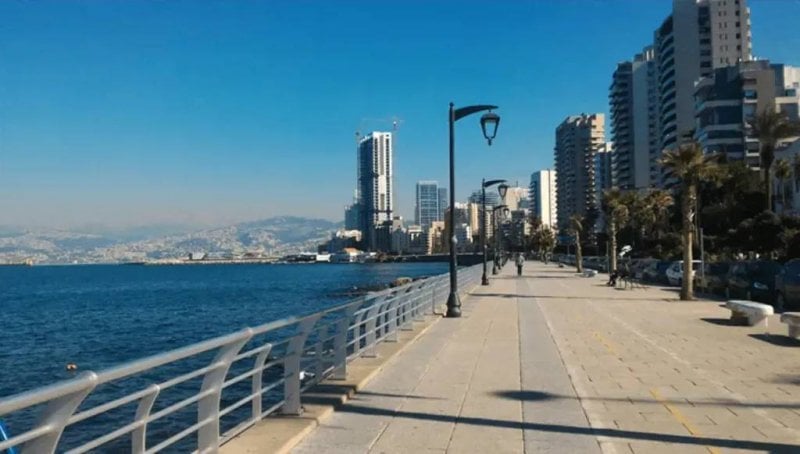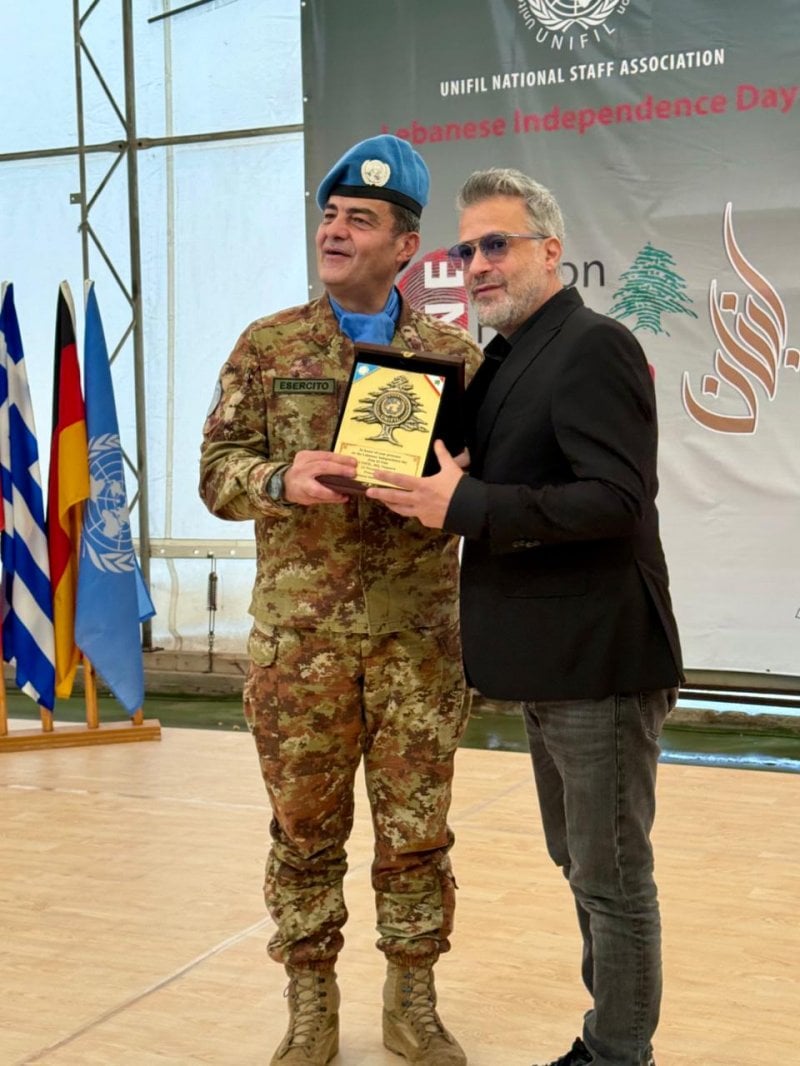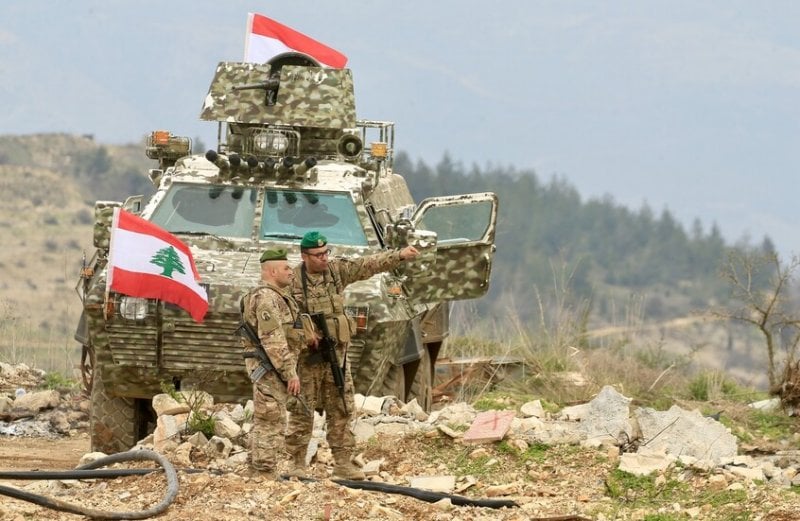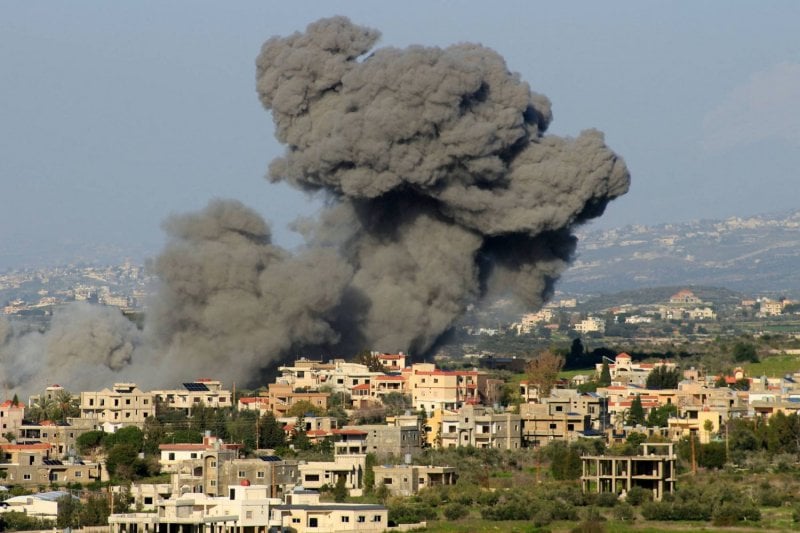
In light of the ongoing Israeli attacks on Lebanese territory, Lebanon commemorates its eighty-second Independence Day this year, making this occasion an opportunity to affirm adherence to national sovereignty and internal peace.
In this context, MP Faisal Al-Sayegh, a member of the “Democratic Gathering,” stated to: “On the occasion of Independence Day, we first extend our congratulations to all Lebanese people, the Lebanese Army, the Lebanese government, and His Excellency the President of the Republic. This holiday constitutes a renewed beacon of hope, through which we affirm our Lebanese identity, our Arab affiliation, and our adherence to our independence.”
MP Al-Sayegh believes that “strengthening this independence requires fundamental steps, first of which is adherence to and respect for the Taif Agreement in regard to Lebanese-Lebanese relations, and rejecting any discussion aimed at deviating from it, as it is the optimal framework for ensuring the regularity of national life. On the Arab level, the affirmation is constant regarding Lebanon’s Arab identity and its commitment to the Arab consensus, foremost of which is the Palestinian cause, and here we reiterate our adherence to Lebanon’s historical position announced at the Beirut conference in 2002, which seeks a just and comprehensive peace based on the two-state solution.”
On the international level, he says: “We affirm our respect for international legitimacy and its resolutions, and our keenness for Lebanon to be an active part of this world, and this also applies to political and economic approaches, while emphasizing the need to respect international resolutions, especially Resolution 1701 and the ceasefire and everything related to stability in the south.”
Regarding the conflict with the Israeli enemy, he points out the “need to focus on achieving sustainable stability by returning to a formula similar to the 1949 armistice. Today, we are not talking about peace or normalization, but about a security agreement that guarantees the security of our people in the south, and establishes a stage in which we can devote ourselves to rebuilding the economy, the return of southerners to their lands, and strengthening their steadfastness.”
Al-Sayegh concludes by saying: “We emphasize that when talking about respecting international legitimacy, this legitimacy must adhere to its role in protecting the stability of Lebanon, and pressing for an end to the Israeli occupation of what remains of Lebanese territory, and stopping the violations and attacks.”



